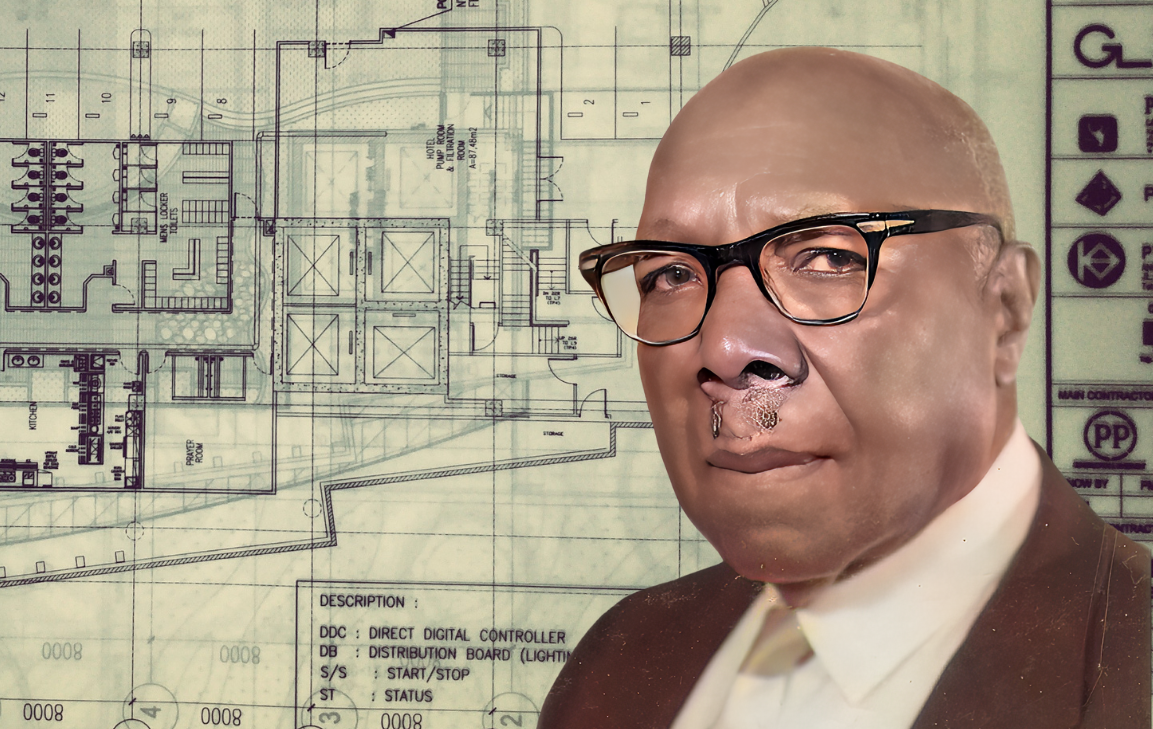[ad_1]
Anderson Hunt Brown (1880 – 1974) used to be an American businessman, real-estate developer, and civil rights activist.
He used to be born on April 23, 1880 in a three-room space in Dunbar, West Virginia. His folks, just lately free of slavery, took more than one jobs to make ends meet, enlisting Brown and his siblings’ assist of their paintings as a farmer and laundress.

In spite of best having a fourth-grade training, Brown started his entrepreneurial adventure at an early age. He would climb onto coal educate vehicles, throw coal onto the tracks, and along with his buddies, promote it to native companies for fifty cents.
As a teen, Brown discovered to play the trombone and traveled to Cincinnati and different Western towns along with his brothers of their band, “Uncle Tom’s Cabin,” netting $10 every week (about $300 in lately’s phrases) for his or her performances.
He discovered reduce meat and opened a butcher store and an adjacent eating place. A number of years later, he took an actual property making an investment route in Boston and used his income to shop for a space at 1219 Washington Side road, subsequent to Charleston Top College.
Brown’s frustration with a loss of reasonably priced housing for Black households in Charleston impressed him to construct an actual property empire, filling that want. He constructed business houses and leased place of work area to fellow Black marketers, developing one of the vital earliest Black-owned shared paintings areas.
Brown additionally purchased land round Charleston to construct properties, which he rented cheaply to Black neighborhood contributors who could have had bother securing housing from the most commonly all-white realtors on the time. By the point of his demise in 1974 on the age of 94, Brown had owned and controlled as much as 100 houses.
Along with creating residential and business houses, Brown fought for civil rights during his existence. He used to be pissed off via the loss of ok scientific take care of Black voters and discrimination, which resulted in the outlet of the Group Clinic in 1924, the town’s first cutting-edge health facility for Black citizens.
Brown used his affect and wealth to release a success courtroom battles that struck down segregation regulations at native swimming swimming pools, libraries, and lunch counters in his house state of West Virginia.
He instilled this pastime for civil rights in his youngsters, and his son, Willard L. Brown, was the primary Black pass judgement on in West Virginia and represented the state bankruptcy of the NAACP in a case of racial discrimination in public colleges, which was a part of the landmark 1954 U.S. Superb Court docket case, Brown v. Board of Schooling of Topeka, that banned segregation in public colleges.
This Black Historical past second is delivered to you via Nationwide Usual Summary
Comparable
[ad_2]










